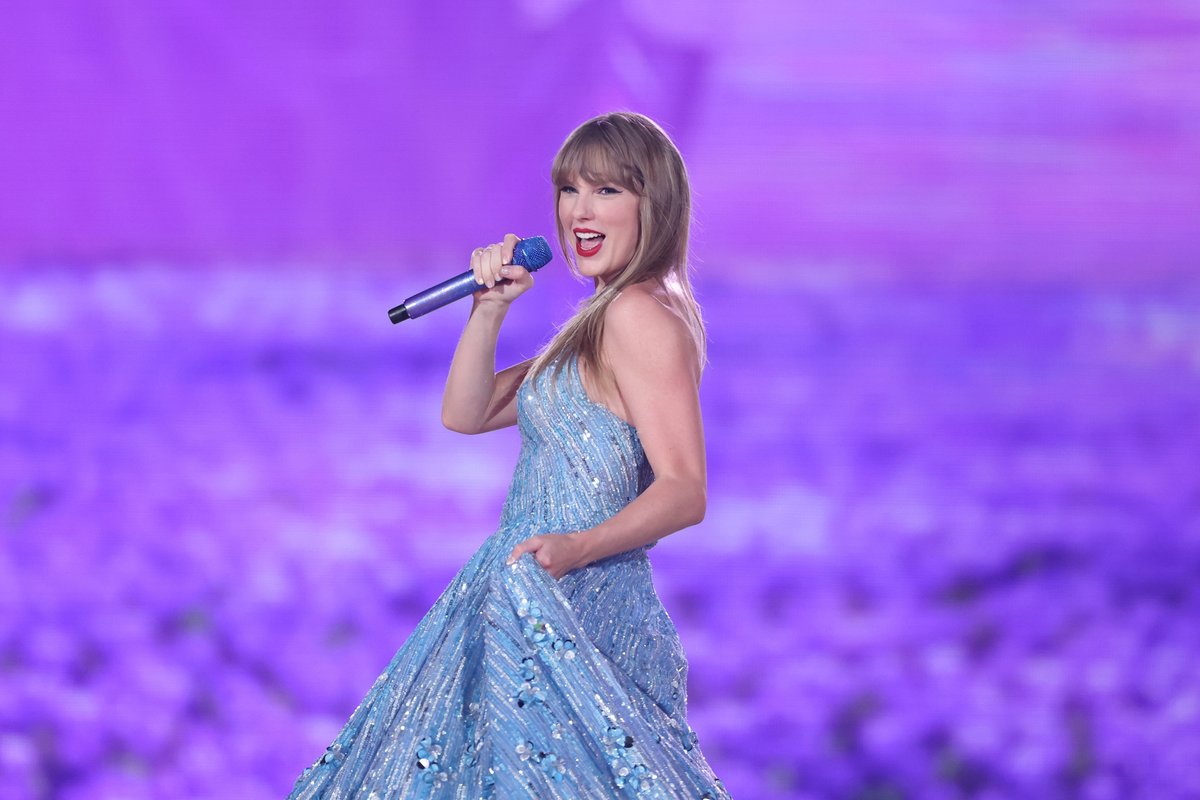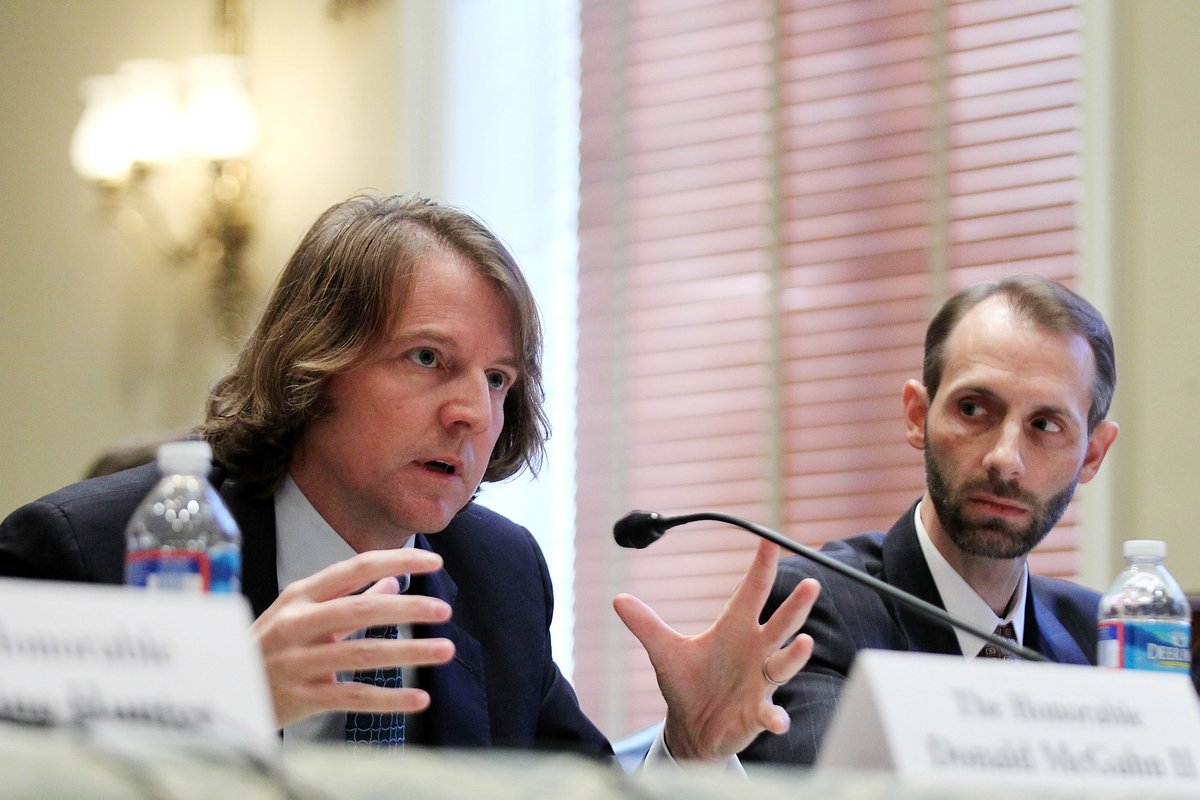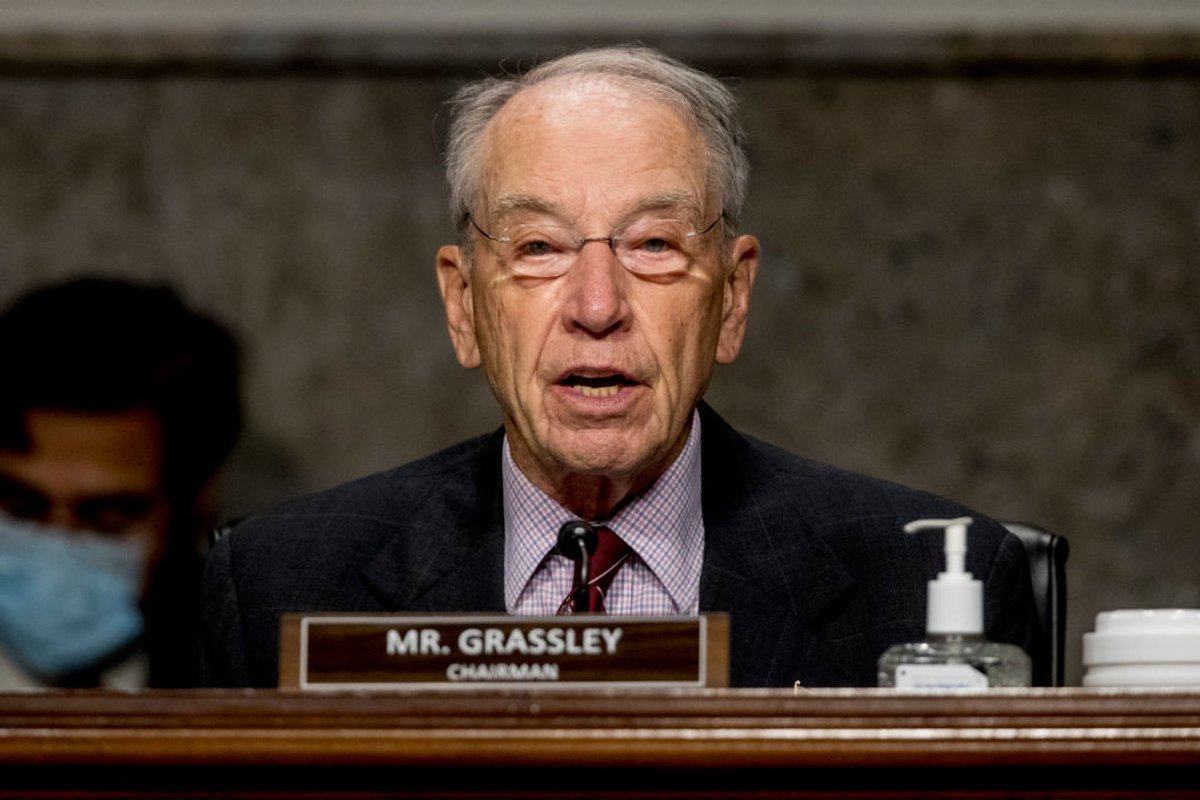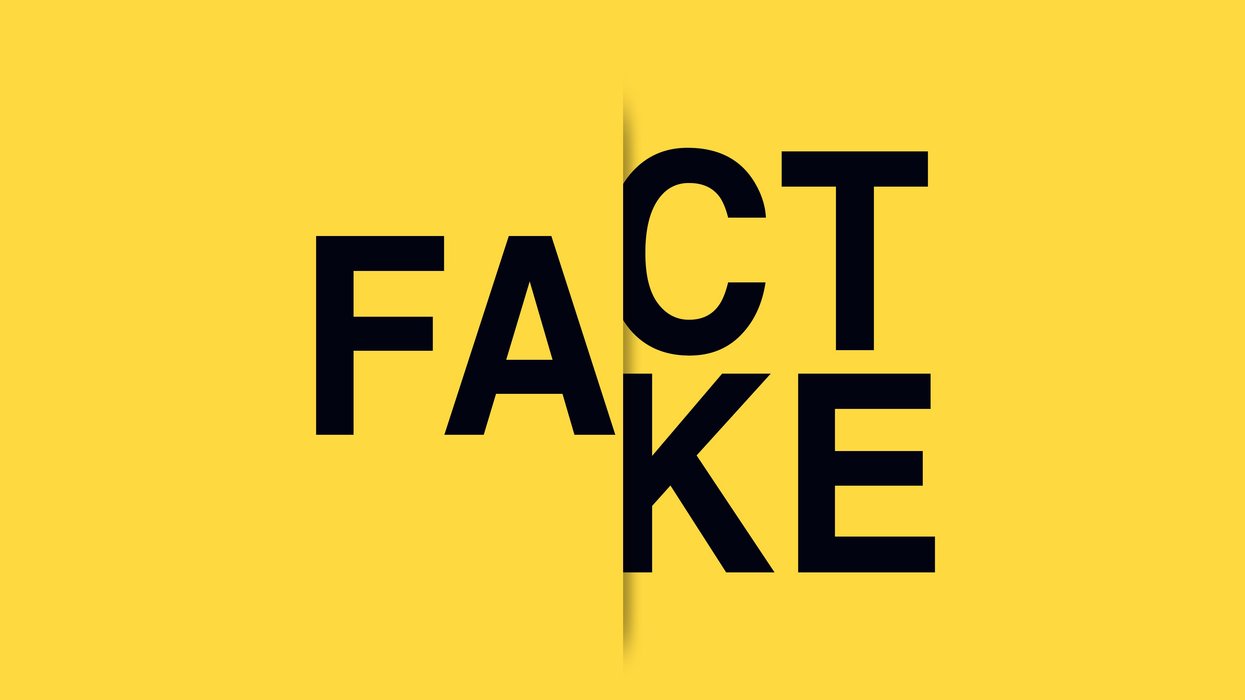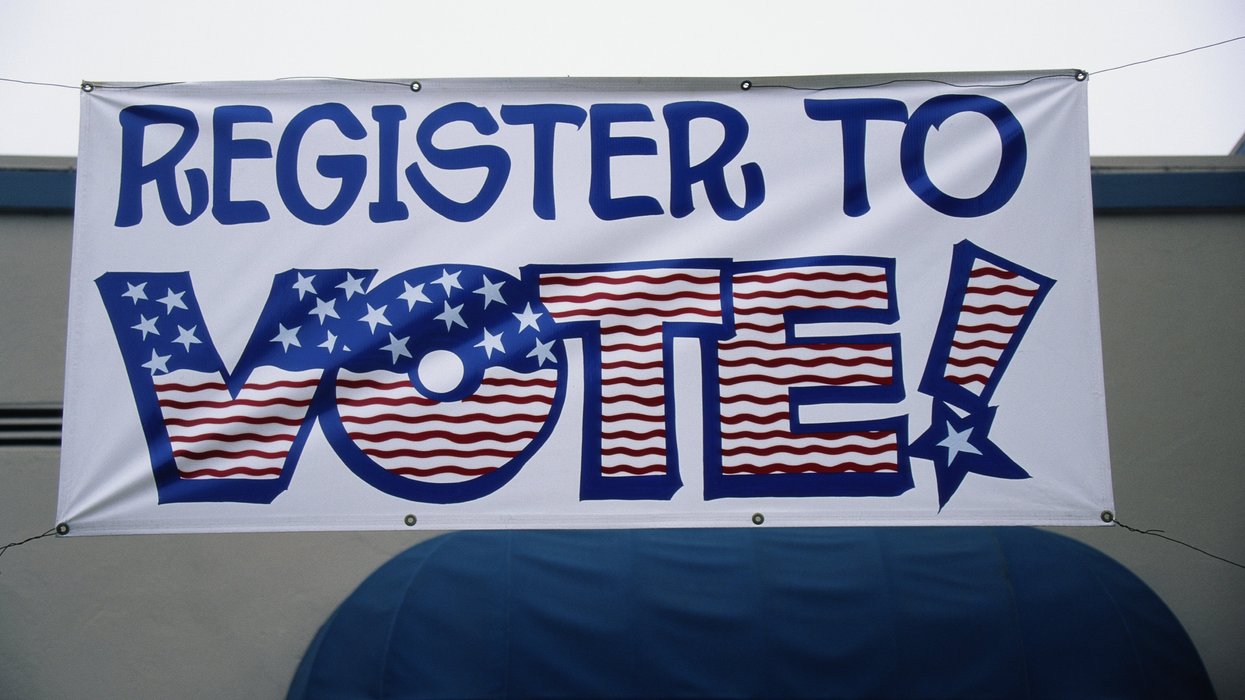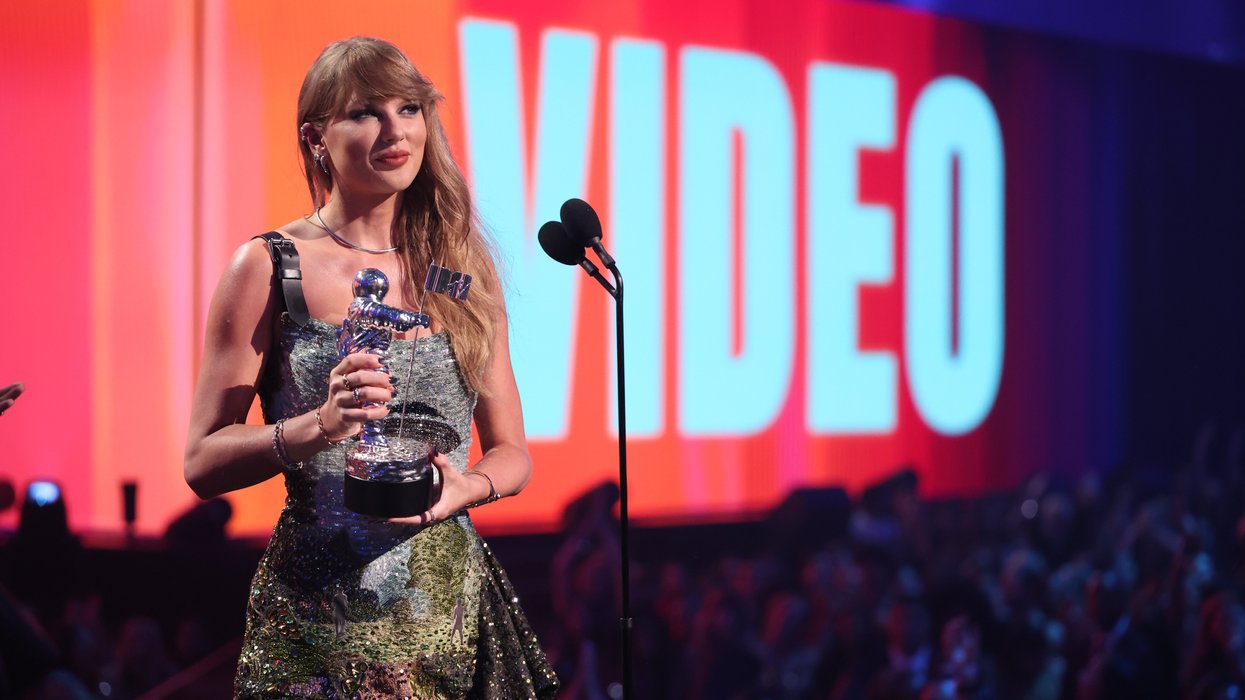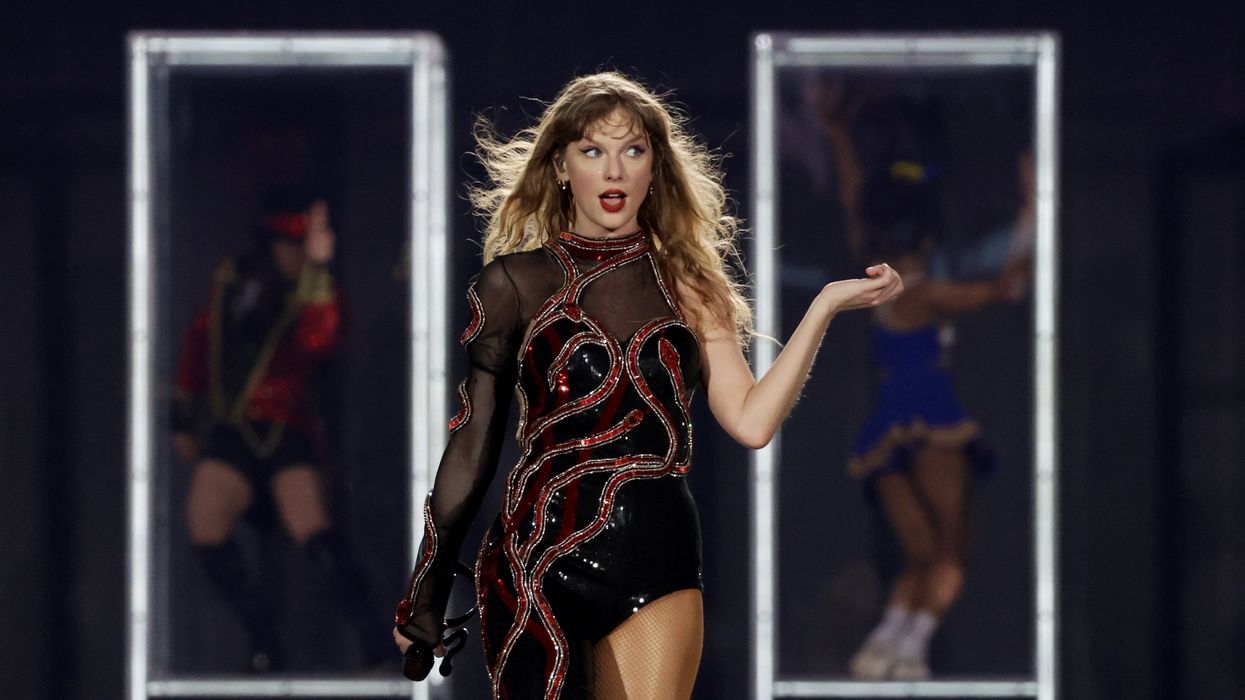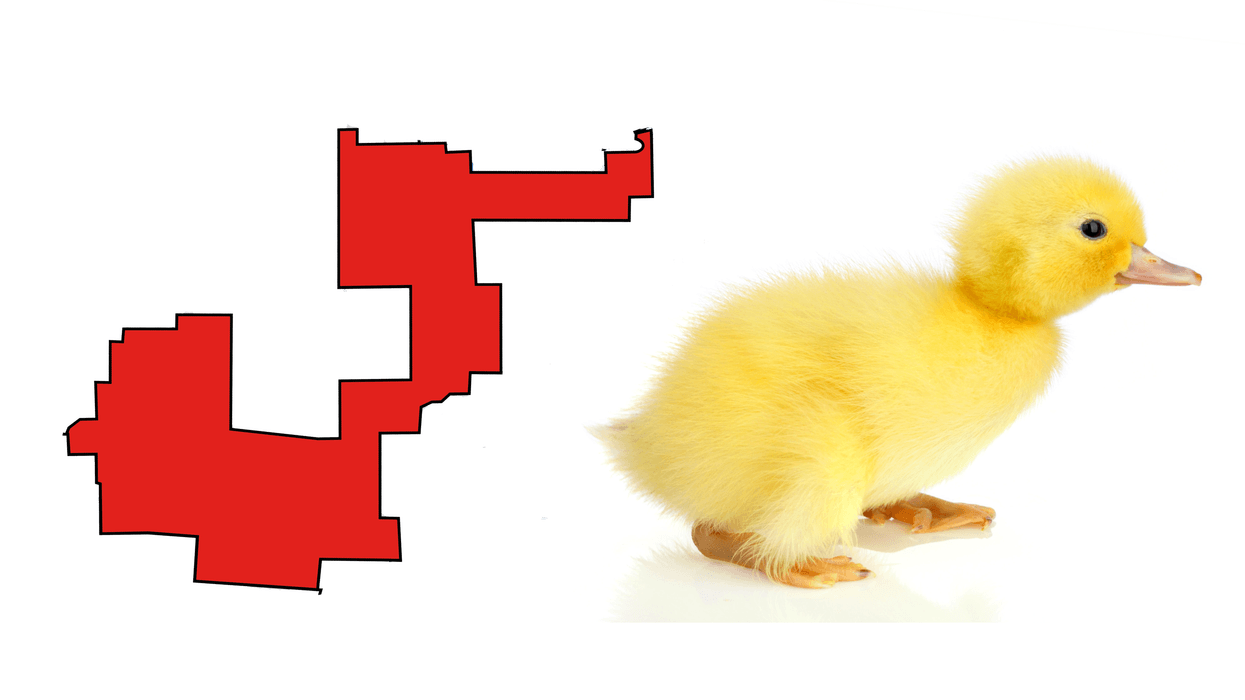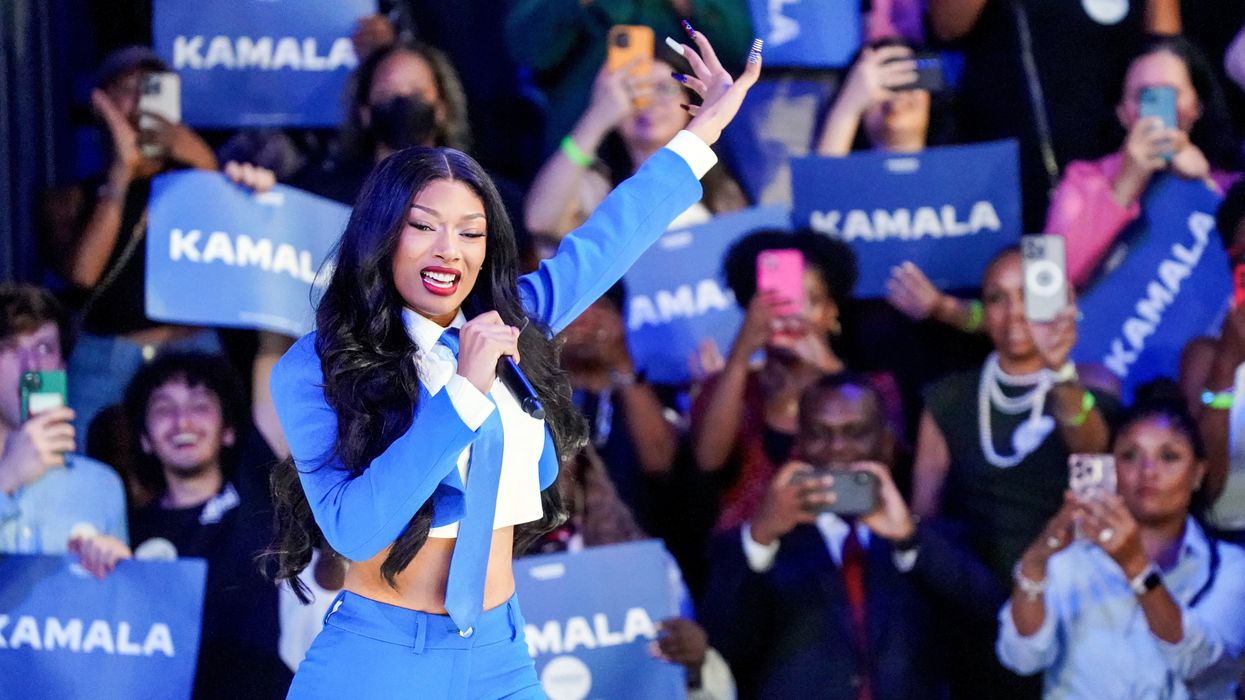Frazier is an assistant professor at the Crump College of Law at St. Thomas University. Starting this summer, he will serve as a Tarbell fellow.
Artificial intelligence has rightfully caused a lot of folks to become concerned about our marketplace of ideas. In an information ecosystem already flooded with fake news, harmful content and hot takes, the last thing we needed was new tools to make creating and sharing that content even easier. Our lack of preparedness for this glut of generated trash was made clear this month when deceptive and sexually explicit AI-generated content claiming to depict Taylor Swift went viral. Platforms tried to stop the spread but policing the internet for bad content is like playing whack-a-mole across the solar system – you’re going to lose.
Still the fight to preserve our information ecosystem is one we can’t surrender. And thankfully a lot of smart folks are thinking through ways to reduce the virality of certain content, give users more control over their feeds, increase the supply of verified news, or some combination of all three. I applaud and appreciate these efforts. Count me among those who think we can and must take drastic action.
My own proposal is a “Right to Reality” — in exchange for creating a platform with a specific feed reserved for verified news institutions that would help shore up our information ecosystem and sustain local and nonprofit news organizations, companies could receive a government subsidy. Is it a complete fix? No. Is it a step toward making it easier for more people to access more reliable and actionable news? Yes, and that’s not nothing at a time when it’s becoming harder and harder for folks to trust and understand what they read and see.
Sign up for The Fulcrum newsletter
But we also need to wake up to a much more basic reality: “reliable and actionable” news isn’t in high demand. You can label content. You can fact-check articles. You can verify users. All of that won’t necessarily change the fact that many people prioritize content that makes them feel understood or part of a larger community than news that covers the local city council, the state budget, or the ins and outs of the economy.
The upshot is that our information ecosystem won’t improve until our democracy improves. People will only seek out “good” news if they think it’s worth reading. For a lot of folks, reading about democracy’s slow, deliberate processes is even worse than eating vegetables — at least those do something good for you. Why stay up on news that seems entirely out of your control? Why track bills that reflect the controls of special interests more so than Main Street concerns?
I get it. There are certainly days I’d rather not dig into the weeds of the latest debates in D.C. or my state legislature. And there are definitely times I opt for Netflix over watching hearings. But, in the same way you don’t need to exclusively eat veggies to be healthy, reading “good” news and participating in our democracy doesn’t have to consume you to still lead to positive outcomes.
The point is that we have to make democratic reform a part of the larger conversation about our marketplace of ideas. We can’t expect people to read about candidates who don’t listen to them. Nor can we anticipate people will read NPR’s breakdown of legislation that is likely to fail. If we want a more engaged and informed public, we need a more responsive and participatory democracy.
